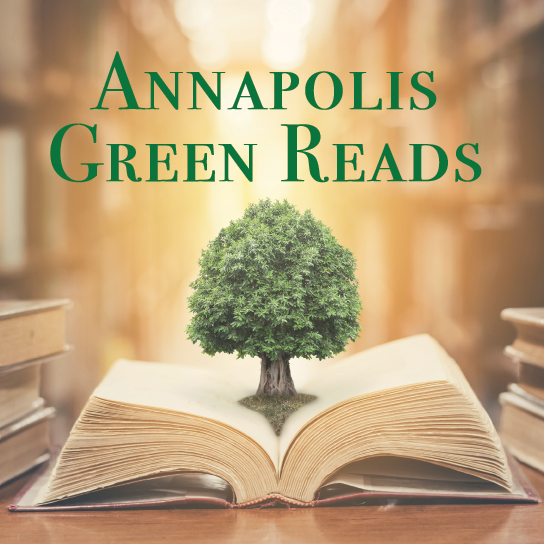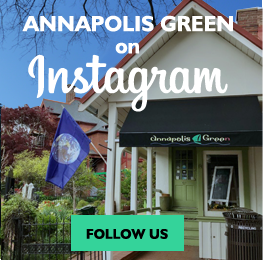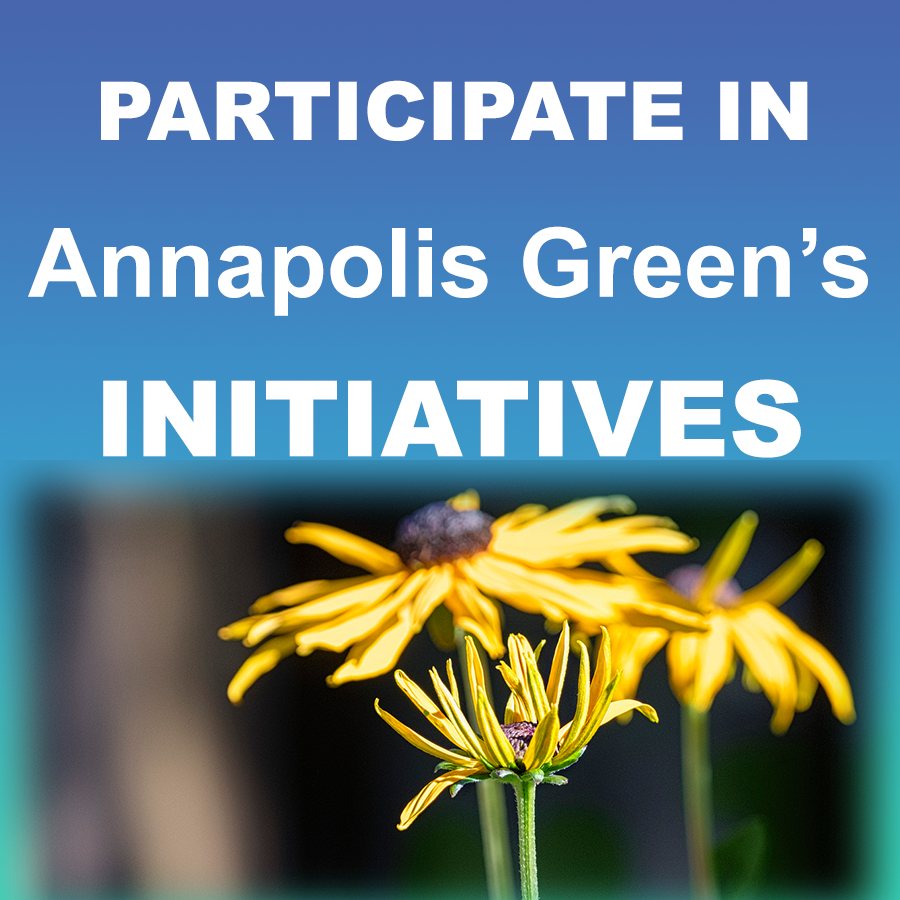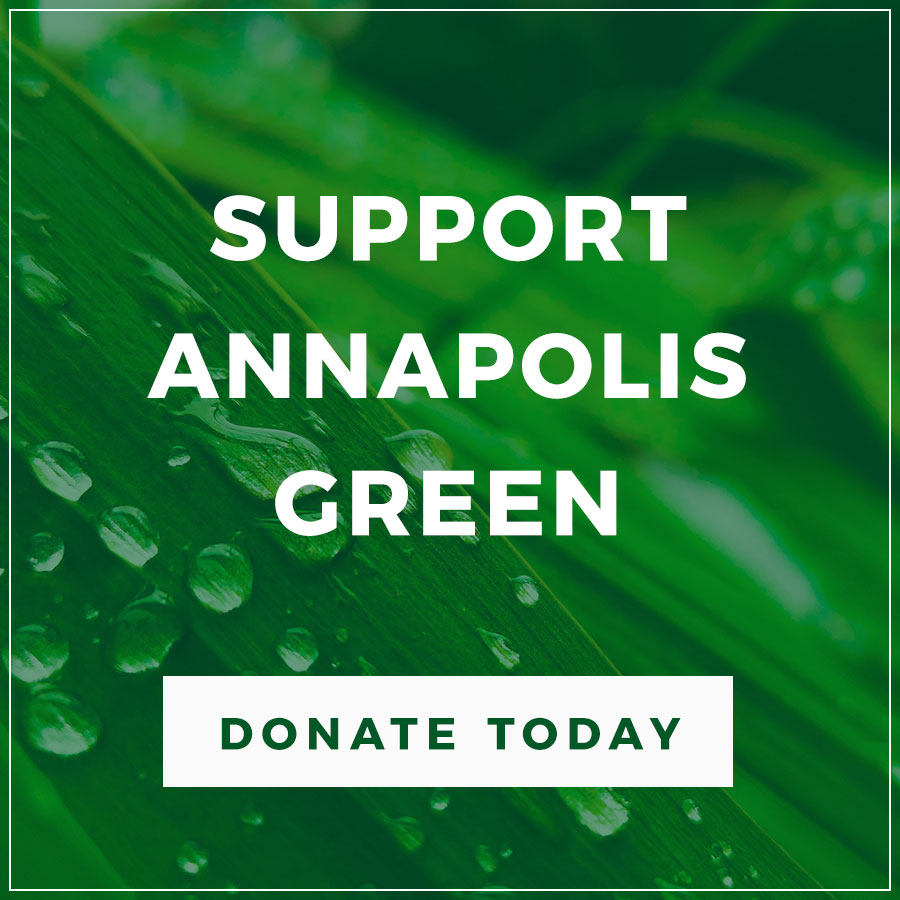A New Garden Ethic: Cultivating Defiant Compassion for an Uncertain Future

I see many messages on social media these days to leave the leaves. While we’re at it, we can also leave flowers such as the spent purple coneflowers (Echinacea purpurea) because the Goldfinches love the seedheads. We could leave the winged sumac (Rhus copallinum) for the Eastern Bluebirds who eat the berries in the winter. Cleaning our yards has suddenly become considerably less arduous as word gets out that what we have regarded as a mess is part of nature’s cycle of life and death and we are the ones who don’t need to mess with it.
Societal norms don’t disappear overnight and HOAs still have outdated guidelines so there’s a middle ground while we adjust to healthier practices. If some of us have some front yard flower beds that we’d rather have a bit neater and a section of grass we’d like to see without leaves, we can focus on cutting back those spent flowers to about 12-18” for hibernating bees and put those errant leaves in the flower bed as mulch for the winter. The wildlife will appreciate it. Then, come April when the temperatures are consistently in the mid-fifties, we can resume that clean up we’ve become accustomed to doing in the fall.
 Our group read A New Garden Ethic: Cultivating Defiant Compassion for an Uncertain Future by Benjamin Vogt. This book is a beautifully written, strong directive to adjust how we garden. He presents a moral imperative to see that the plants we have around us need to benefit all of life, not just humans. For a plant to benefit the wildlife around us, it needs to be native to the area. While there is much discussion about what constitutes being native for a plant, Doug Tallamy describes a native as “a plant that has evolved in a given place over a period of time sufficient to develop complex and essential relationships with the physical environment and other organisms in a given ecological community.” (p. 31)
Our group read A New Garden Ethic: Cultivating Defiant Compassion for an Uncertain Future by Benjamin Vogt. This book is a beautifully written, strong directive to adjust how we garden. He presents a moral imperative to see that the plants we have around us need to benefit all of life, not just humans. For a plant to benefit the wildlife around us, it needs to be native to the area. While there is much discussion about what constitutes being native for a plant, Doug Tallamy describes a native as “a plant that has evolved in a given place over a period of time sufficient to develop complex and essential relationships with the physical environment and other organisms in a given ecological community.” (p. 31)
Native plant gardens give us access to the biophilia that we most recognize. When we watch with awe at the masses of bees feeding on the mountain mint or the monarch butterfly hatching from her cocoon at the stem of the milkweed, we know on some level that we are connected inter-beings. And then, to have the responsibility to plant something, we glimpse our potential as humans to contribute meaningfully to the natural world. Choosing natives like the Golden Alexander (Zizia aurea) that the black swallowtails use as a host plant to beautify our gardens is the important recognition that our gardens are not just there to look pretty in an anthropocentric way. We change our culturally-learned mindset of what it means for a garden to look pretty to be inclusive of all the life around us.
Cooperating with nature will benefit us all. We have the most control over what is in our yards. What a powerful statement of cooperation if each of us chose to dedicate the millions of acres of lawn to become a biodiverse ecosystem instead! I can only imagine that once we were to realize biodiversity in our immediate surroundings how that might reverberate and evolve into desires for other changes that would benefit the environment.

Our next book is Saving Us: A Climate Scientist’s Case for Hope and Healing in a Divided World by Katharine Hayhoe. We will be meeting in our usual hybrid fashion on Monday, December 6 to discuss it. Please contact me if you’d like to join us.
–Karen Grumbles
about the Annapolis Green Reads book club






